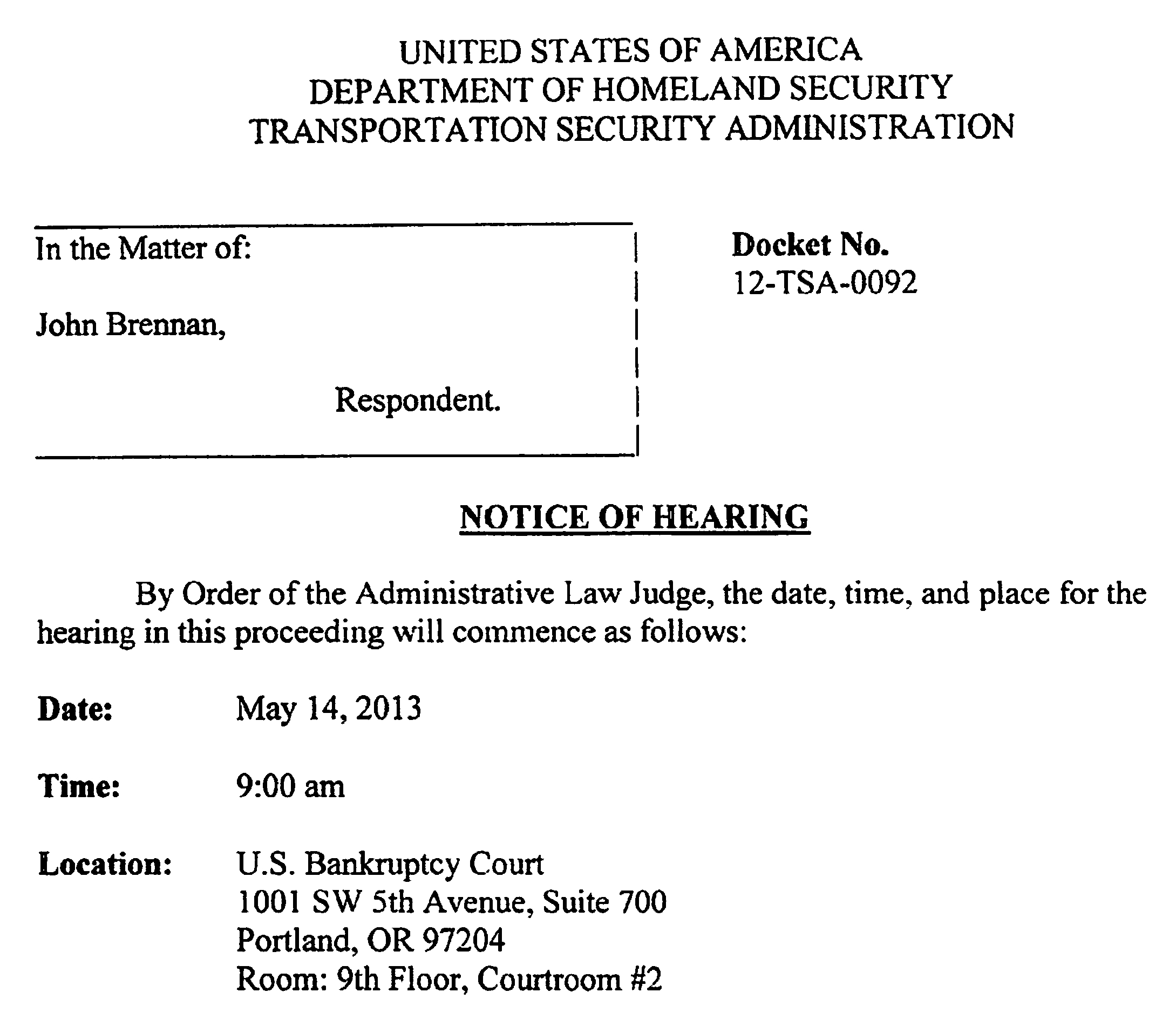4th Circuit Court of Appeals upholds right to judicial review of no-fly order
In an important victory for judicial review of no-fly orders, the 4th Circuit Court of Appeals has rejected the government’s motion to dismiss the case brought by Gulet Mohamed, overturned the transfer of the case from the District (trial) Court to the Court of Appeals, and sent the case back to the District Court for consideration of the merits of Mr. Mohamed’s complaint.
Gulet Mohamed is truly the poster child for what’s wrong with secret administrative no-fly decision-making. A native-born U.S. citizen of Somali-American ancestry, Mr. Mohamed was placed on the U.S. “no-fly” list as a teenager, while visiting relatives in Kuwait, as a way to pressure him to become an FBI informer as the only way to get “permission” from the U.S. government to return home to the USA.
When his visa expired, Mr. Mohamed was imprisoned for violation of Kuwaiti immigration law, then tortured by his Kuwaiti captors — at the behest, he plausibly alleges, of the U.S. government.
Kuwait eventually tried to deport Mr. Mohamed back to the U.S., but the U.S. government refused to let him on a flight home, and he was taken back to his cell.
Finally Mr. Mohamed smuggled out a message to his family, and they obtained a lawyer for him in the U.S. He was allowed to return home the day before the U.S. government had been ordered to show cause justifying the denial of Mr. Mohamed’s right of return — after which the government tried to get his case dismissed as moot.
But Mr. Mohamed remains on the no-fly list, so far as he knows (although for unknown reasons). He has continued to pursue his lawsuit against those responsible for his detention and torture and the denial of his right to travel.
As in other cases, the U.S. government has sought to avoid judicial review of the basis for no-fly orders.
The U.S. government has argued that trial courts cannot hear these cases, and that courts of appeals are limited to a review of the TSA’s “administrative record”. But the TSA doesn’t decide what names to place on the no-fly list. The FBI-controlled Terrorist Screening Center (TSC) makes those decisions, based on “nominations” from itself and various other agencies. A review of the TSA’s “administrative record” would be limited to confirming that the TSA received a no-fly listing from the FBI (as part of the secret Terrorist Screening Database, TSDB), and prevented the person named in that listing from boarding a flight. Nothing in the TSA’s records identified the basis for the TSC’s no-fly designation.
In an unpublished order issued May 28, 2013, the 4th Circuit Court of Appeals became the second Court of Appeals (following the 9th Circuit’s rulings in the case of Rahinah Ibrahim) to reject the government’s theory. The 4th Circuit ruled that there was neither sufficient provision for administrative review by the TSA of the no-fly order against Mr. Mohamed, nor a clear indication that Congress intended to preclude District Court trials in cases like this.
The next step, we expect, will be for the government to invoke the “state secrets” doctrine to try to get the case dismissed. But as in Dr. Ibrahim’s case, the fact of Mr. Mohamed having been denied the right to travel and to return to the U.S. can be established without the need to introduce any evidence obtained from the U.S. government.
We look forward to someday seeing a trial on the merits of a U.S. government no-fly order.
